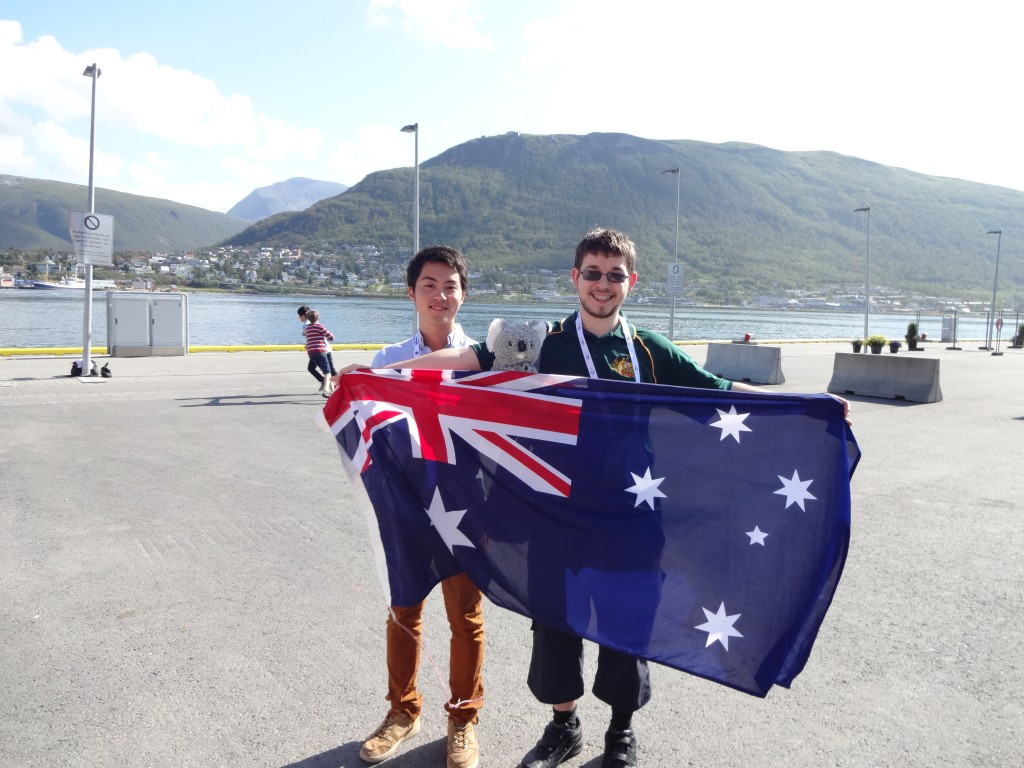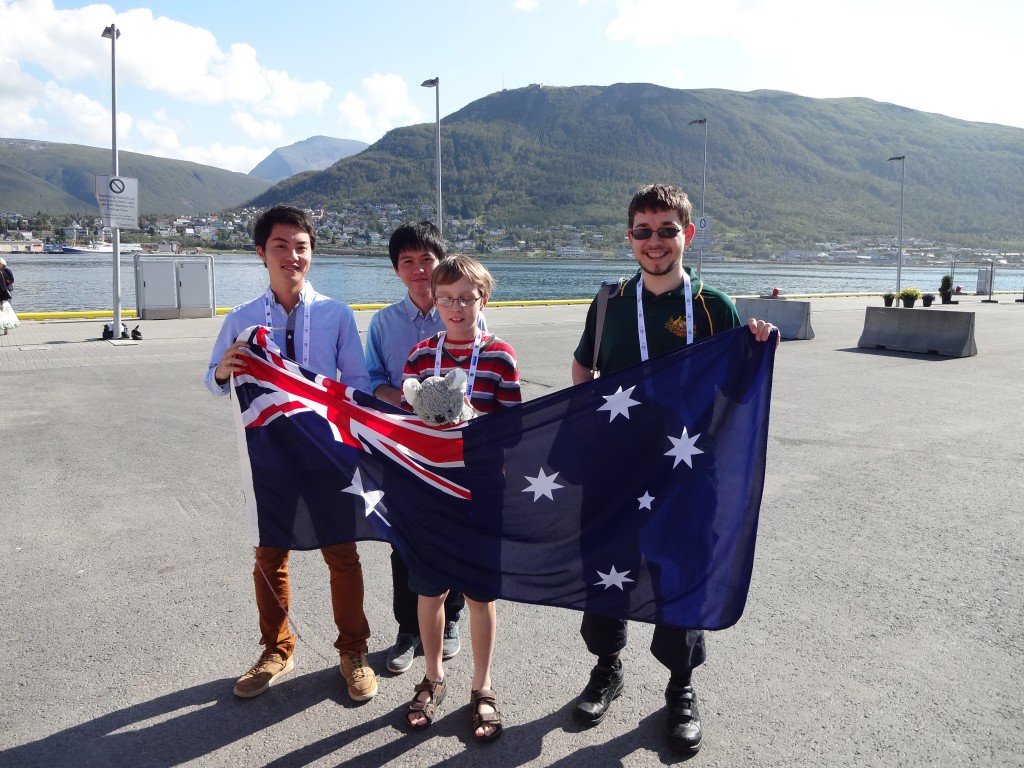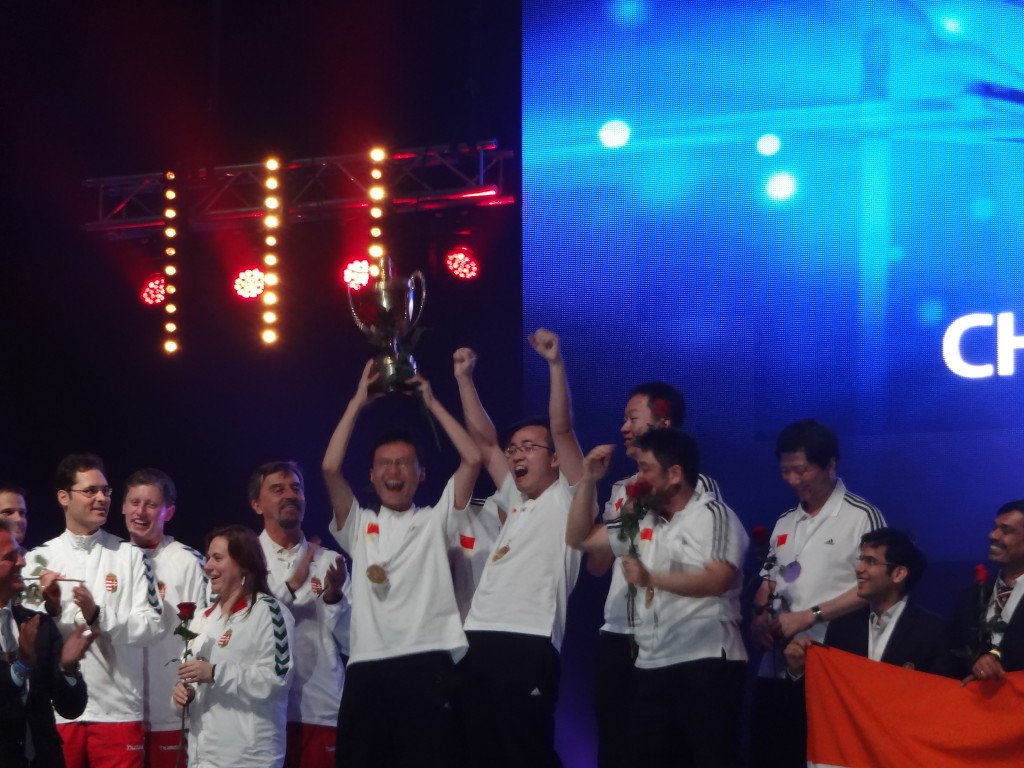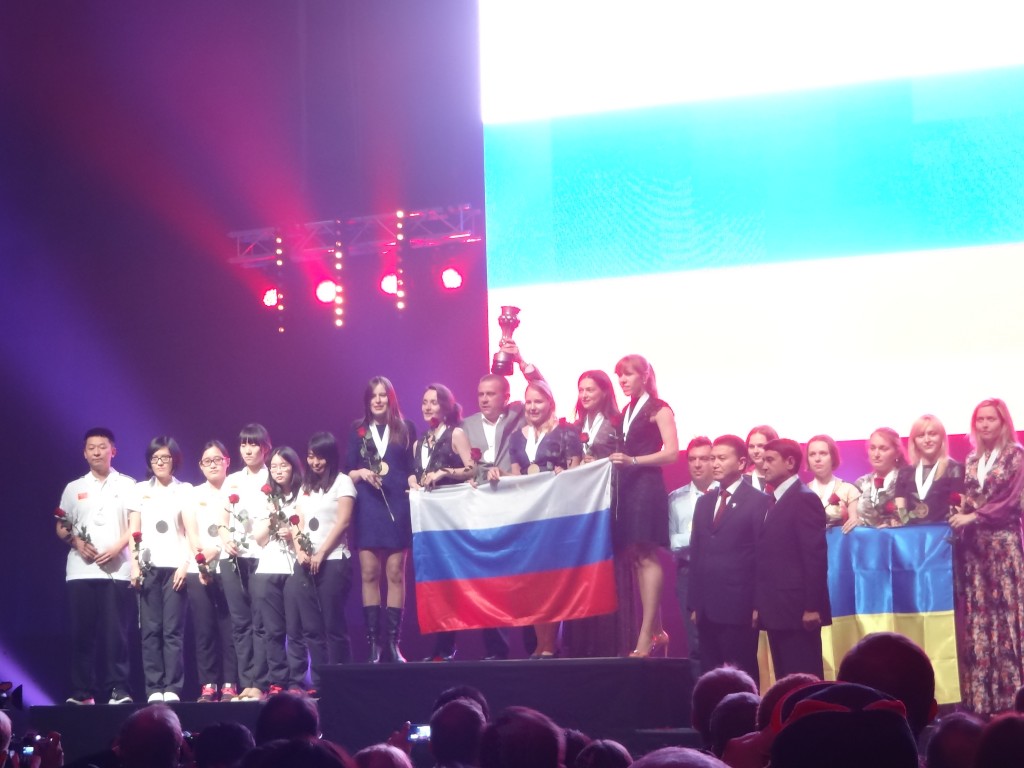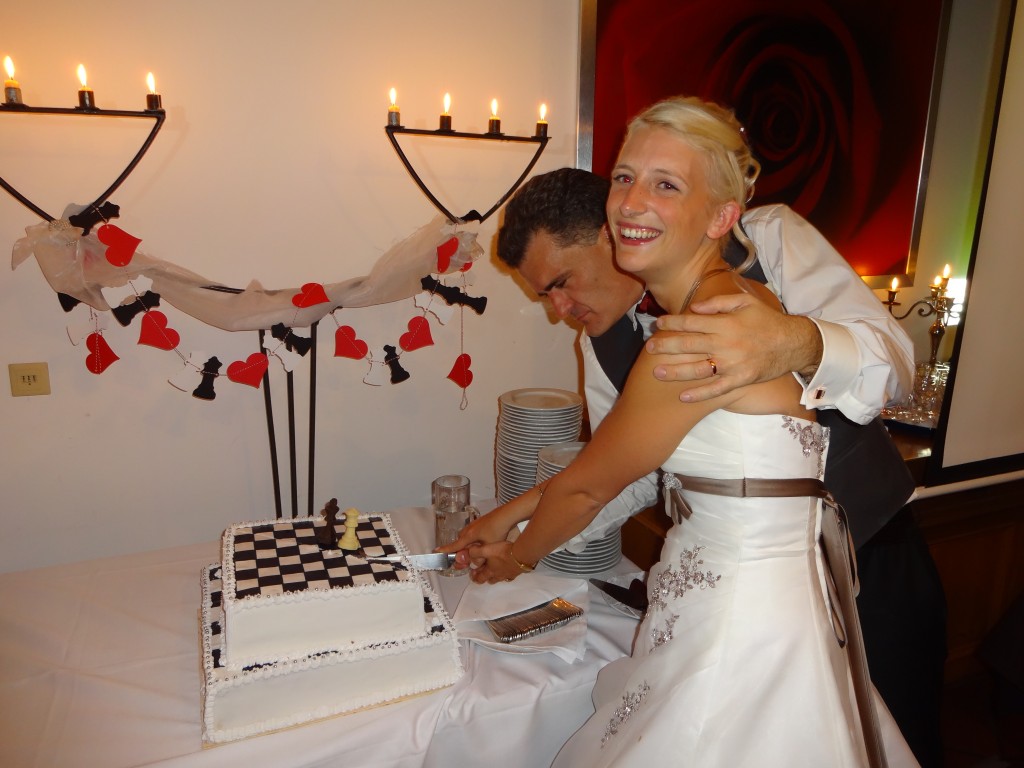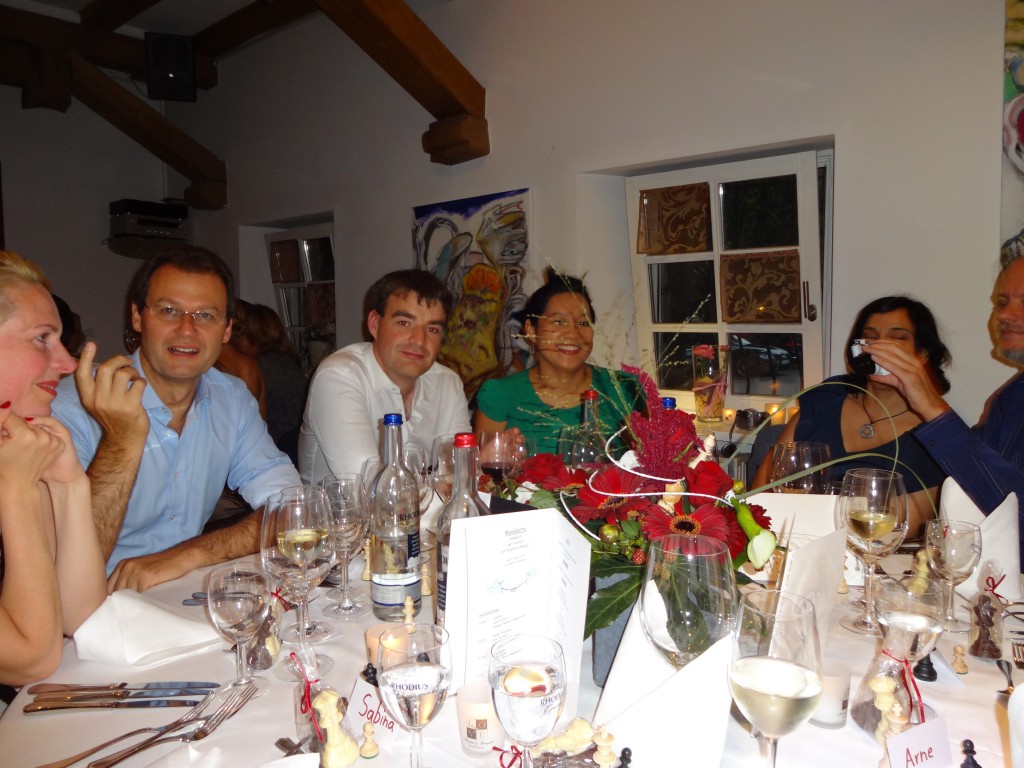Australian Olympiad Post-Mortem
The following is more of a diary entry of my thoughts about the Australian team’s performance. If you have no interest in Australia’s performance at the Olympiad, or the Olympiad, or chess, or my writing in general…Well, there are some photos at the bottom.
Australian Olympiad Debrief
Well, another Olympiad done and dusted. But this time, Australia really has something to brag about. The performance of our team definitely exceeded expectations: seeded 60th, we finished 31st on tiebreak, and claimed silver in our rating category. Had we scored just a half point more in our final match against Germany, our final standing would unquestionably be the best by an Australian team at an Olympiad; alas, 2-2 was the final score.
For such a young and inexperienced team, with two debutants, this was an unexpected highlight, which seems to indicate that Australian chess probably has a lot to look forward to. The star of the show was undoubtedly our boy wonder, 13 year old IM Anton Smirnov. He didn’t lose a game on his way to a 2570 performance rating, and was our ‘points machine’ on the bottom board. My other three teammates – Moulthun Ly, Max Illingworth and Junta Ikeda – have only just graduated from their teens themselves, and so, for the two rounds I rested, the Australian team had an average age below 20!
These three – with only two prior Olympiad appearances between them – certainly distinguished themselves. Junta was solid, and picked up a big win with black against the Mexican GM Hernandez Guerrero. Moulthun was probably hoping to perform closer to GM level, but still picked up an impressive win against GM Leon Hoyos (also in the Mexican match) and a fine draw against GM Filippov. Max had a sluggish and dare I say it unlucky start, but his final round win against GM Nisipeanu was ample compensation
But more importantly, in my opinion, was the exemplary team attitude of these four ‘youngsters’. For the first time that I can remember, I really felt that we (along with our captain) were participating and competing as a team. This was definitely helped by the group training sessions in the months prior to the Olympiad, as well as a warm-up tournament in Denmark that most of us participated in. In addition, we ate, relaxed, prepared, and passed the free time together, going for walks, playing cards, handball or hacky sack, or just messing around. I’ve always believed that team spirit makes a big difference even in ‘individualistic’ endeavours such as chess, and at least our experience this year seemed to bear this out. I almost felt like one of the many ‘professional’ teams at the Olympiad: the top guys, and even some teams below us, who get paid to play. I don’t want to get too carried away, but who knows, in two years from now, we might even get…team jerseys.
Of course, team spirit can only get you so far. In team events, you need luck, both in your own games and for the team score. Two matches of 2.5-1.5 is a much better sequence than 4-0, 2-2, for example. My own performance was unflattering, scoring -1 and a below-par performance rating, but I was lucky in that my losses never made a difference to our match result. In a couple of cases, the match situation worked against me on a personal level – after we had scored 2.5-0.5 against both Portugal and the ICCD (“deaf”) team, I, relieved that we’d won each match, went a little crazy in my attempts to win and promptly lost. But at Olympiads, it’s my conviction that it’s ‘all about the team’, and so I was happy (and relieved!) that my teammates won the day on both occasions.
I’ve read a couple of Olympiad team ‘post-mortems’ online from various countries. The Danish and English teams are two examples that come to mind where the “what could we have done better?” debates have already begun in public forums, and I’m sure there’s a thorough examination of the Russian performance on some Cyrillic website as well. But I think it’s equally useful to deconstruct the performance when things go right. In our case, the focus on team-building was a key ingredient to the success. We helped each other both during preparation before the game and in support afterwards, and moreover, in every match, each player played for the magic 2.5 points, rather than for himself.
The tournament also seems to suggest that the “exuberance of youth” can be equally as important as past experience, as the Australian selectors’ decision to select a young team reaped dividends. And the pre-Olympiad team training sessions (which, surprisingly, the Australian team hasn’t done before in recent memory) were hugely beneficial. These factors may seem small, but they can add up to a significant boost to a team’s performance in a match competition. I hope that before the next Olympiad, the team prepares in a similar manner, in terms of chess preparation but also in terms of motivational factors. It would be very useful for the women’s team to follow this lead in future, too, and perhaps even more so with certain elements. Once we get the basics of a professional chess team right, who knows where things might lead for Australian chess.
We might even get our own jerseys.
